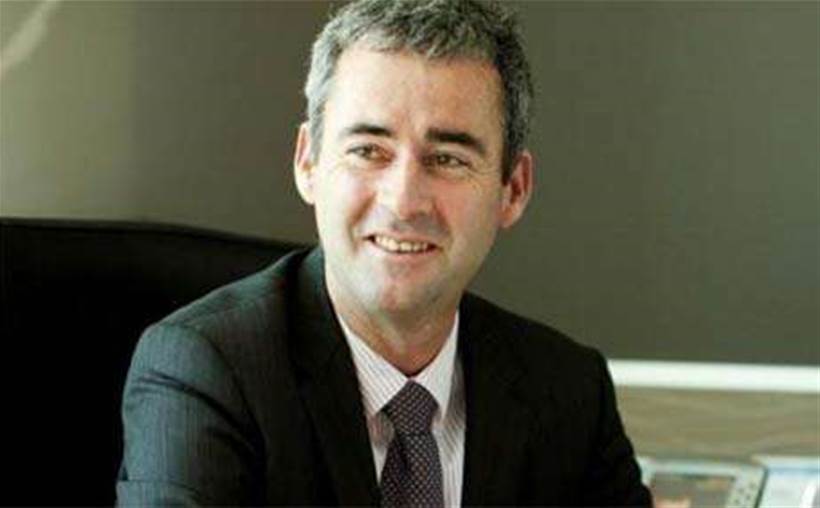iiNet founder Michael Malone has been appointed to the board of the NBN, replacing Internode founder Simon Hackett.
Malone will step into the board role immediately, NBN said in a statement.
“Michael is a long-standing and respected member of the telecommunications industry,” NBN chairman Ziggy Switkowski said.
“His experience will complement the diverse backgrounds and skillsets that exist on today’s NBN board and help fill the gap created by the departure of Mr Hackett.
“I look forward to Michael bringing new perspectives to the board table, keeping NBN focused upon our customers, valuing innovation, and successfully completing the network build.”
Dr Switkowski paid tribute to Hackett’s 2.5-year board tenure.
“Simon has been a critical member of the NBN board bringing deep knowledge of the retail service provider business and a creative entrepreneurial mindset to our deliberations,” Dr Switkowski said.
“There are few such individuals who match the specific needs of NBN so well at this stage of its development.”
Hackett said he left NBN “with a sense of regret” but that he “would jump at the chance to return if future opportunity should arise.”
Hackett’s role on the NBN board came at a time when the board had been criticised over its make-up.
The Coalition Government infamously commissioned KordaMentha to review corporate governance at NBN.
The review made several scathing findings and was summarily dismissed by nine former NBN board members along with ex-CEO Mike Quigley.
“Each of the NBN Co directors since inception were skilled and experienced individuals,” KordaMentha wrote.
“However our conclusion is that the mix of skills and experience of these individuals was not appropriate for a company of the nature, scale and complexity of NBN Co.
“Overall, the NBN Co Boards have been described to us as having a “lack of dirt under the fingernails”, i.e. they had a collective lack of deep operational experience and insight in areas critical to success of NBN Co.”
Prime Minister Malcolm Turnbull heavily promoted the addition of “extensive industry experience” to the NBN when Hackett – and other industry figures including Telstra’s Justin Milne and Service Stream’s Patrick Flannigan – were brought onto the NBN board.
“This is a period of transition for the company and it will be a great asset to have a new board that brings decades of combined experience in the industry,” Dr Switkowski said at the time.
Hackett would later say that he felt he could bring a positive influence to a project he saw as building infrastructure that would be central to Australia’s future.
He believed the NBN had the power to drive social equity outcomes, and said he would devote “the next few years of my life trying to make that environment better.”
Overall, he joined NBN in a bid to make the project “less worse”.
“[I] made a conscious choice to step inside the tent,” Hackett said.
He also saw the rebalancing of the board with industry expertise as a positive.
“One of the challenges in the network to date was there was arguably less expertise than there should have been about the pragmatic aspects of making these things operate,” he said.
Hackett to some extent remained outspoken even as a board member, last year saying that if he could “wave a wand”, he’d erase the fibre-to-the-node (FTTN) aspects of the NBN multi-technology mix. However, he was in favour of other access technologies.









